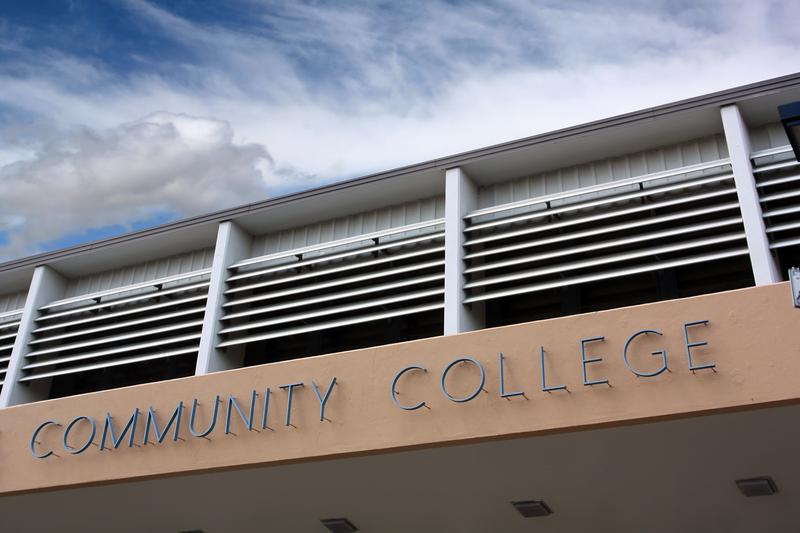It has been over two months since the U.S. went into lockdown mode in response to the Coronavirus outbreak. For weeks, we sat quietly at home, wondering when it would be safe to venture out to parks, restaurants and college campuses. Now, things are beginning to open up; however, there are no signs that Coronavirus is over.
In fact, it’s still continuing to change the landscape of what we can and cannot do. For a lot of students, it’s impacting the next chapter of their lives: college. The Class of 2020 has been dreaming of and planning for their college career, only have to their visions completely dashed with the news that many college campuses will not be opening in the fall. At the same time, those that are reopening are doing so cautiously and with very big limitations on what students can do and where they can go.
Looking for more COVID-19 student-impact information? Find it here.
For students that are already enrolled in college, it’s changing how they view the experience they’ve been paying for in the past – and what they’ll be paying for next school year. It’s forcing them to ask difficult questions like: Is it really worth the extra money to attend college out-of-state next year? Is it safe for me to travel? Will I just be uprooted again in the middle of the semester?
In response to these scenarios, many students are moving forward with a different plan: community college.
For years, community colleges were heralded as a place to get a two-year, associate’s degree. It was a low-cost higher education opportunity for students that wanted to get into a specific trade or industry and required fast, hands-on training. However, in recent years, the benefits of a community college have become more dynamic. It has become an option for students that want to get their general course requirements at a discount before transferring to a four-year institution.
Now, with Coronavirus impacting how students go to college, community college is becoming a more viable alternative for students for the following reasons:
• Many students are hesitant to pay full -price at a four-year institution when classes are being held online for the fall.
• A four-year college has become unaffordable due to the economic impact of Coronavirus to their family.
• It’s easier to commit to a community college than a four-year institution amid so much uncertainty.
• Those who have had the experience of being uprooted from their campus in the middle of the semester prefer to stay closer to home in the event of a second outbreak of Coronavirus.
As a result of these concerns, community colleges are seeing a huge uptick in numbers. Simpson Scarborough, a higher education research agency, conducted a study in April to assess how students feel about their college choices in light of Coronavirus. According to the study, 10% of high school seniors who had plans to attend college in the fall stated that they have made alternative plans. Half of those students will now be attending community college.
Foothill College, a community college in California, saw enrollment numbers increase by 314% over the same time last year, according to Hechinger Report. The same article noted that Lake Tahoe Community College saw a 4% increase, and Everett Community College in Washington has heard from more local high school students as well as college students who are opting to stay home instead of going back to college than in years past.
Finally, some community colleges are responding to Coronavirus with enticing offers to students. Cuyahoga Community College in Ohio is providing free tuition to all students that have been impacted financially by Coronavirus, states Hechinger Report. Maui Now reports that the University of Hawai’i is offering free online summer courses to the Class of 2020 to help prepare them for college as well as explore careers.
Community Colleges See Spike in Enrollment, Thanks to Coronavirus

Students are exploring their options and opting for alternatives in light of COVID changes on traditional college campuses.